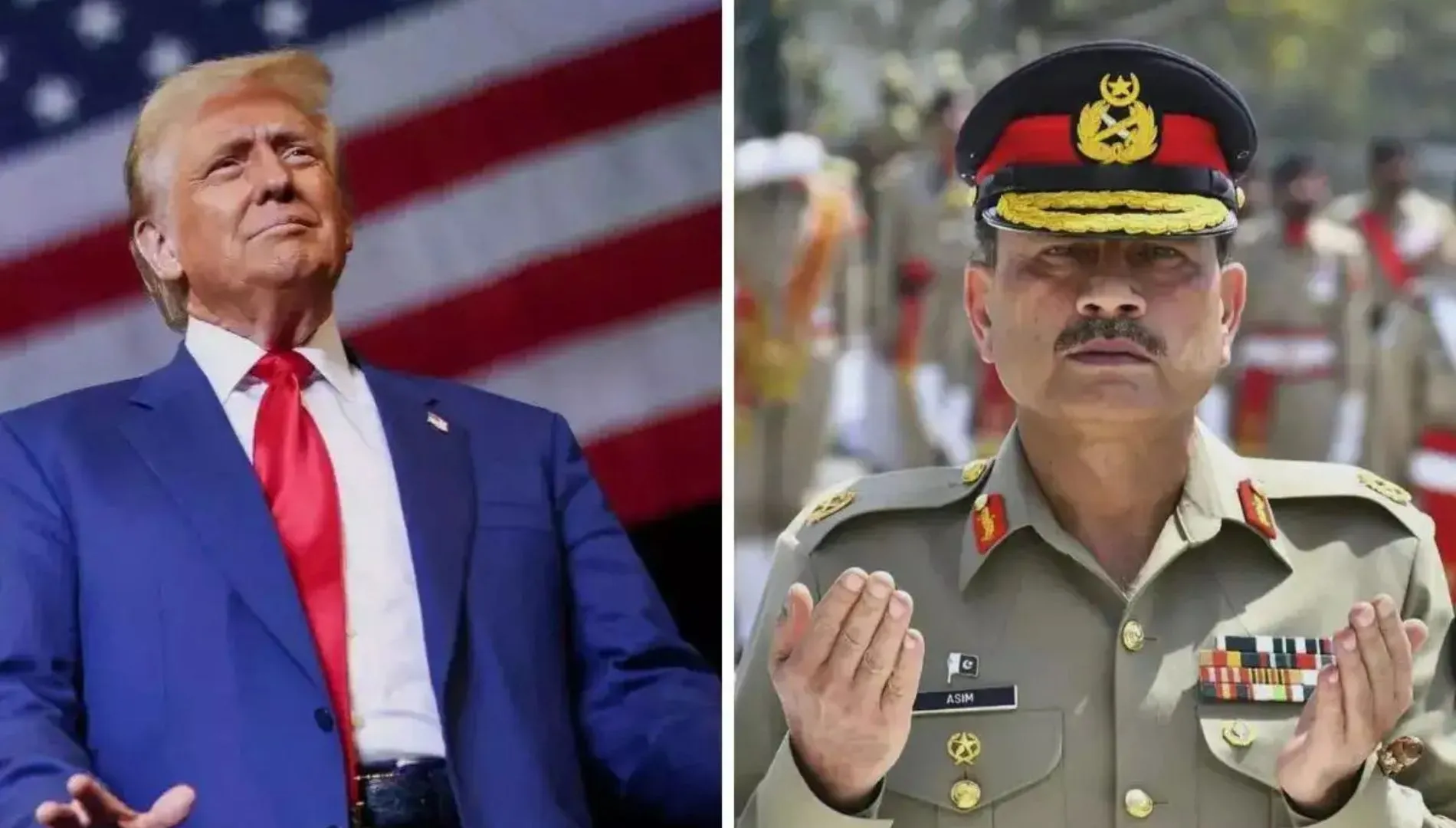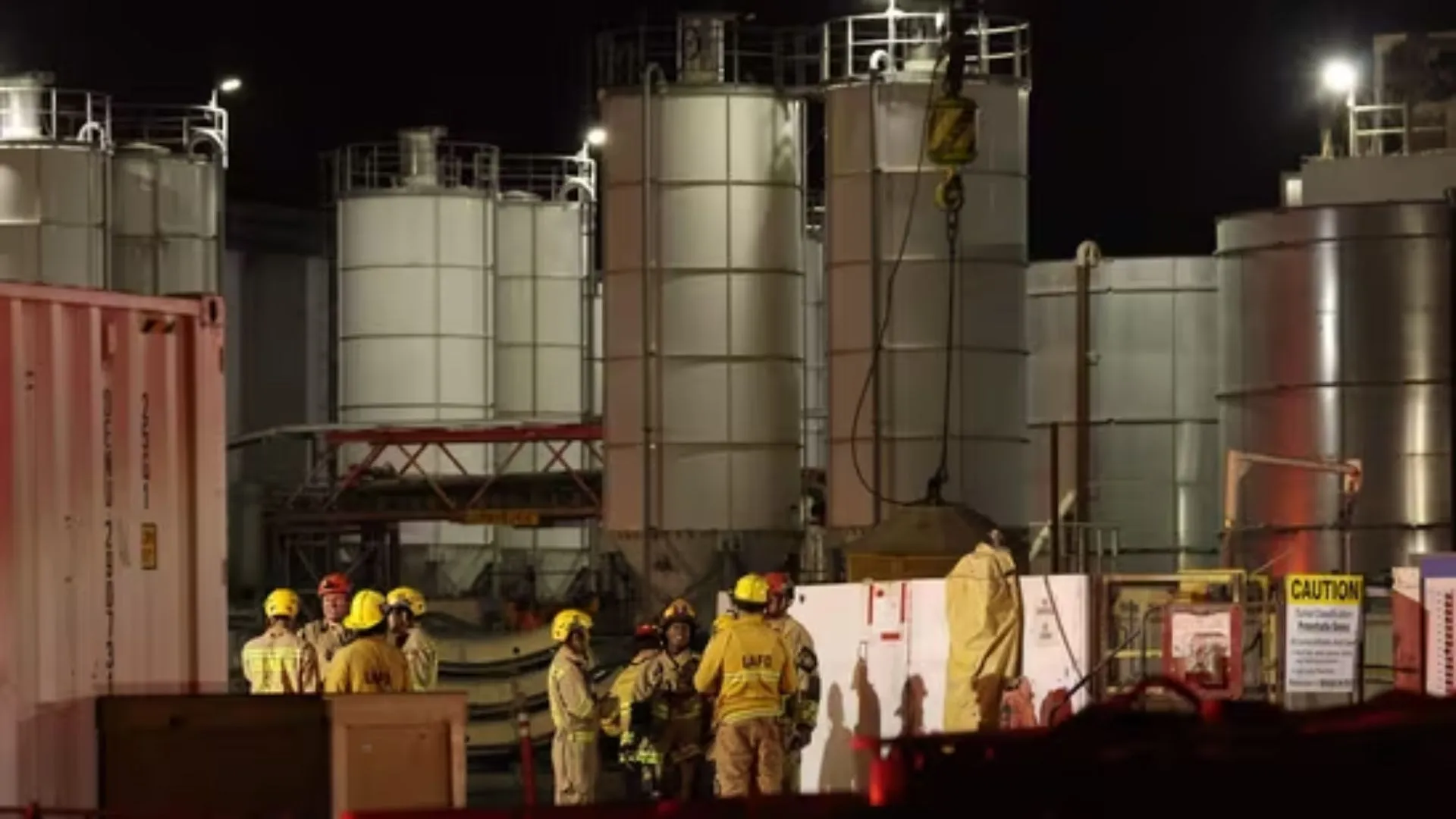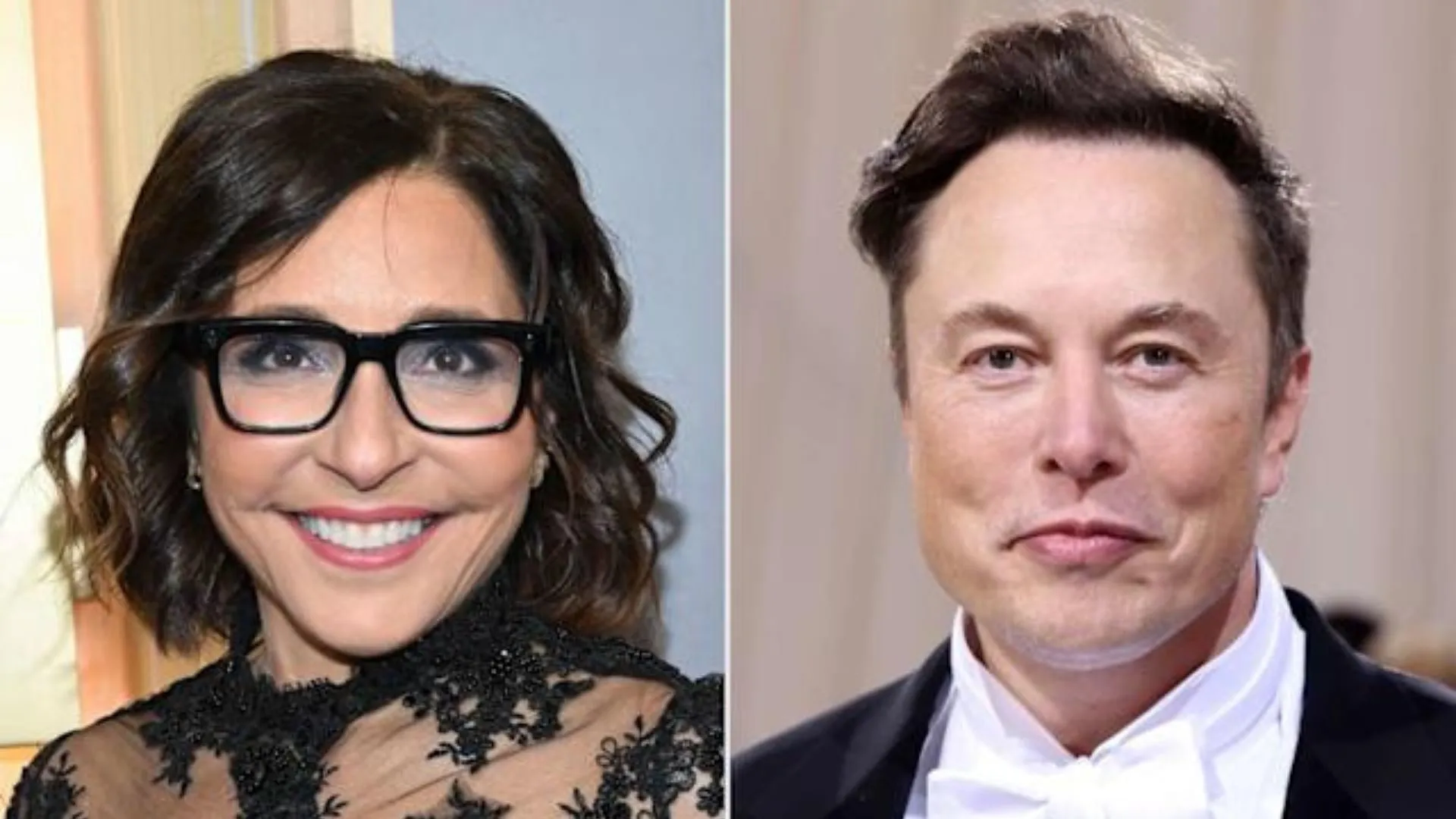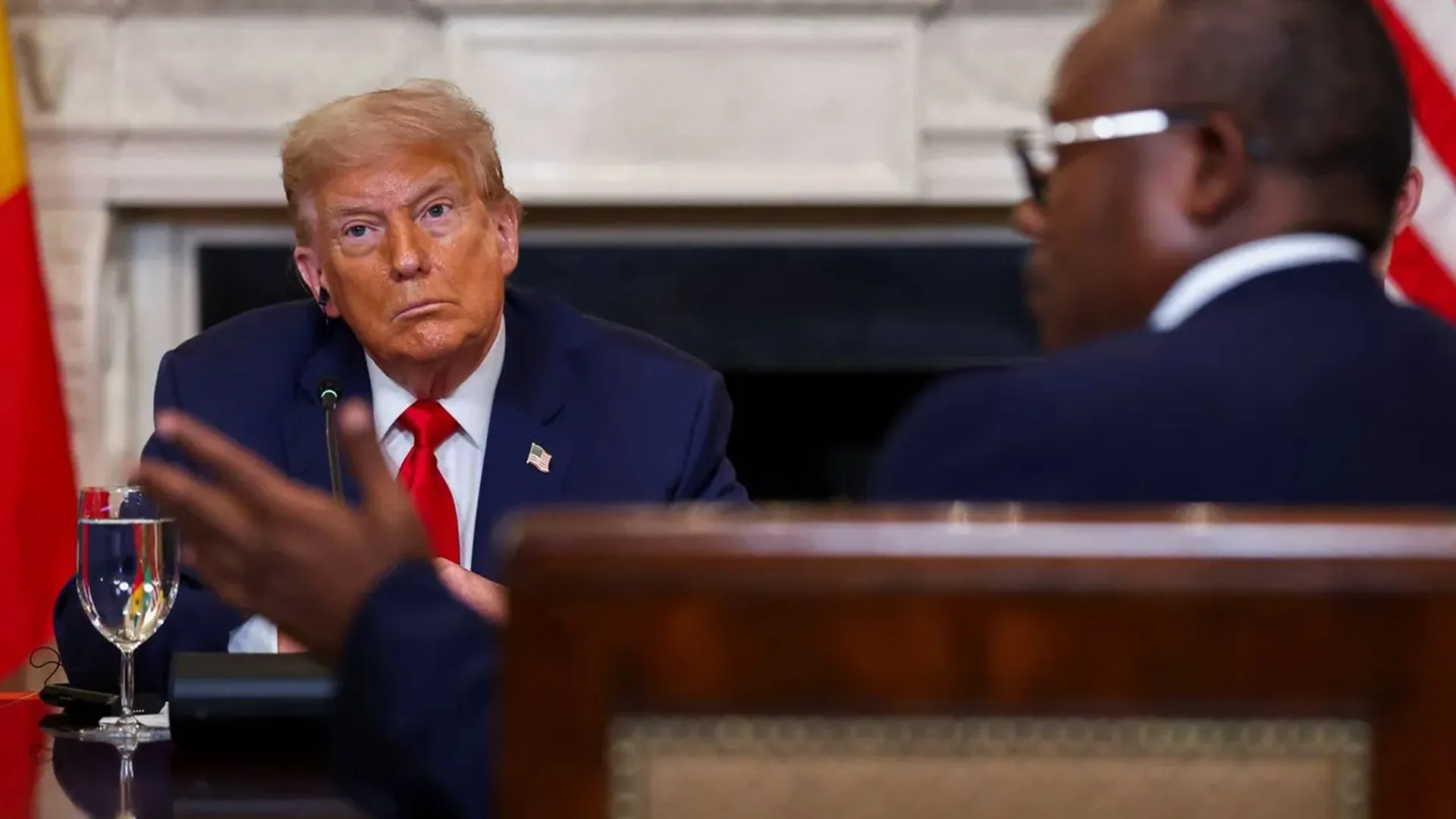White House officials publicly rejected reports claiming that Pakistan’s Army Chief, Asim Munir, was invited to a grand US military parade. As the capital prepares for one of its largest-ever defence showcases, the parade has taken an unexpected political turn.
The denial stirred intense debate across India and Pakistan. Both nations now grapple with the fallout of a controversy fueled by misinformation.
White House refutes Asim Munir invite rumours
In response to the viral claims, the White House swiftly stated that Asim Munir was not among the invitees to Saturday’s massive parade in Washington. “This is false. No foreign military leaders were invited,” a White House official confirmed, thereby putting the speculation to rest.
Furthermore, the event, intended to mark the founding of the US Army on June 14, 1775, also coincides with Donald Trump’s 79th birthday. The former president will take the salute as thousands of troops, tanks, military equipment, helicopters, and parachutists take centre stage. In addition, aerial flyovers will top off the spectacle.
Although such parades are rare in the US, organisers have designed this event to rival those held in India and France. Washington last witnessed a similar military show in 1991, following the Gulf War victory known as Operation Desert Storm.
Denial triggers India-Pakistan fallout
The White House statement triggered immediate political backlash. In India, Congress leader Jairam Ramesh labelled the incident a diplomatic failure. Shiv Sena-UBT, writing through Saamana, slammed the BJP for staying silent and framed the entire episode as a “deliberate attempt to weaken India’s fight.”
Meanwhile, Pakistan aggressively pushed the false narrative as a diplomatic win. After Bilawal Bhutto Zardari led Pakistan’s last team and failed to secure meetings with high-ranking US officials, the story gained traction. When the truth came out, the plan to frame it as a victory backfired, damaged Islamabad’s credibility, and ignited outrage.
Fake news dealt Pakistan a blow after its delegation, with former Foreign Minister Bilawal Bhutto Zardari at the helm, failed to meet any senior US officials above the rank of Under Secretary but still tried to spin the episode as one-upmanship over India.






















